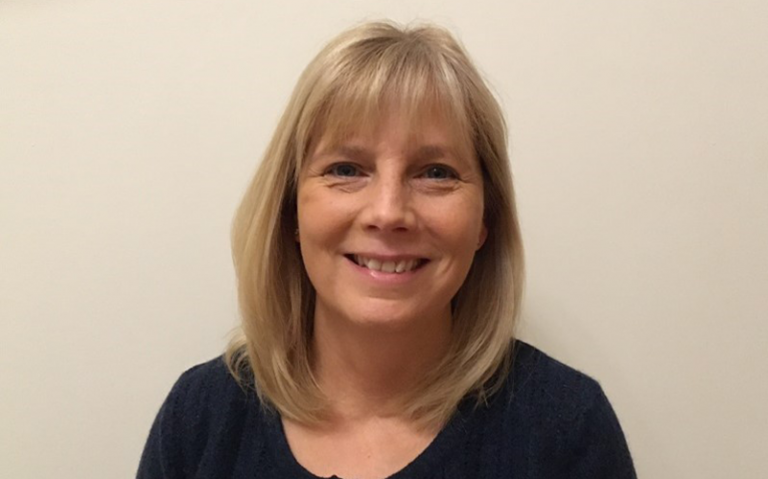Dr Suzanna J Noy

Dr Noy’s interest in the natural world started at a young age and she has vivid memories of fishing with her dad, growing fruit and vegetables and looking after a variety of “pets” from goldfish to abandoned baby birds! So, it wasn’t a surprise when she chose to study Zoology and Human Physiology at the University of London. After her degree she went onto study for a PhD in Neuroscience followed by her first job as a researcher at SmithKline Beecham studying the effects of amyloid and inflammation in Alzheimer’s disease. She then continued my work as a histologist at GlaxoSmithKline and Pfizer supporting a range of different therapeutic areas including neurodegeneration. After the closure of the Pfizer R&D site in 2011, she joined a research team at UCL IoN studying Alzheimer’s Disease in Down Syndrome. In 2018 she took on the role of Lab Manager which became a full-time position this year.
How long have you been in the Faculty of Brain Sciences and what is your current role?
I’ve been with the Faculty for nearly nine years and I’m currently the Laboratory Manager and Departmental Safety Officer for the Dept of Neurodegenerative Disease. More recently I’ve also taken on a deputising role for the IoN Lab Operations Manager.
What aspect of your work most excites you and why?
What I enjoy most about my work is finding creative solutions to problems that are affecting the productivity of our researchers and students. The demands placed on the work environment continue to increase and meeting those demands and expectations in a challenging economic environment is always going to be interesting! So, when a solution is found, and it positively impacts many groups – that’s very rewarding!
I’ve also really enjoyed contributing to a number of Grays Inn Road initiatives, it’s going to be an amazing facility and I’m excited to see it taking shape along with the dual hub here at Queen Square House.
What working achievements are you most proud of?
I’m particularly proud of the infrastructure solutions that have delivered an improved supply of critical consumables such as CO2 to Tissue Culture facilities at the Institute. By centralising the delivery of this gas and improving the facilities with a fully automated monitoring system, we have ensured an uninterrupted supply of this critical gas to those areas.
I’m also proud of the projects that have delivered major cost savings to departments by sharing the use and maintenance of expensive, critical equipment and consolidating the ordering of key consumables. Many thousands of pounds have been saved through these initiatives.
Tell us something interesting about yourself that people might not know
I love horse riding and I used to run riding lessons for the disabled and courses on horse riding and husbandry for young beginner riders. The lady who ran the stables was a force to be reckoned with and she was determined that we should all know how to clean tack properly and build the perfect muck heap – and yes that did involve standing on it!
What’s the best advice you would give your younger self?
This is a tough one because I think I’d have quite a bit to say to my younger self! But my main message would be – “Don’t worry so much, enjoy life and have a laugh. Most importantly, don’t buy a house with a thatched roof and forget trying to grow walnuts.. the squirrels always win hands down!”
 Close
Close

